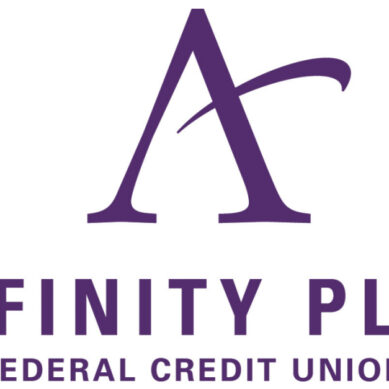In September of 2021, the United States Postal Service announced it would begin a new program at a few select offices wherein people could cash their paychecks or business checks in exchange for gift cards. Participants could cash checks up to $500.
The program at the time was met with little excitement or fanfare, with a few groups calling into question whether or not the postal service had a right to implement such a program.
The Professional Regulation Commission (PRC) took issue with USPS’s failure to notify and consult them before the program was created, but the USPS responded to these criticisms by noting that permission was not needed as they were only testing new forms of payment for an existing product.
Despite their instance on the program’s legality, only six people used the program within as many months.
Now, nearly a year into the program and with only seven total participants (and a whopping $41.65 in total revenue), the legality of the program is being contested by politicians, banks, and credit unions alike, much to the frustration of the USPS.
“For more than a decade, the Postal Service has been authorized to sell Gift Cards as a competitive postal service, [similar] to its sale of greeting cards and stationery that are often mailed along with gift cards,” USPS said in documents filed with the Postal Regulatory Commission (PRC).
The PRC, up until last week, was gathering data and opinions on the program to ultimately decide if this does in fact qualify as a postal product. The commission argues that if it is not, the USPS must end the program while the USPS maintains the end goal of the transaction is the same: customers purchasing gift cards. The form of payment is irrelevant.
Banks and credit unions disagree, however, arguing that the postal service is stretching its authority. The NAFCU in particular has been very outspoken with its disapproval.
“This program stretches the bounds of the postal service’s statutory authority and allows the underfunded and understaffed USPS to unfairly compete with credit unions who are already meeting the needs of low- to moderate-income individuals,” said NAFCU President and CEO Dan Berger. “To better help the underbanked and underserved, Congress should instead allow all credit unions, as community-based financial institutions that prioritize consumers over generating profits, the ability to add underserved areas to their fields of memberships.”
Meanwhile, House Republicans were eager to respond to the PRC’s request for opinion. Republicans Patrick McHenry of North Carolina, James Comer of Kentucky, and Blaine Luetkemeyer of Missouri wrote a joint letter to the commission arguing against the program noting that the program “violated long-standing prohibitions that prevent USPS from offering or developing new non-postal products, and over the course of four months, it proved extremely unpopular.”
The program’s future hinges largely on the outcome of the PRC’s findings.





























































